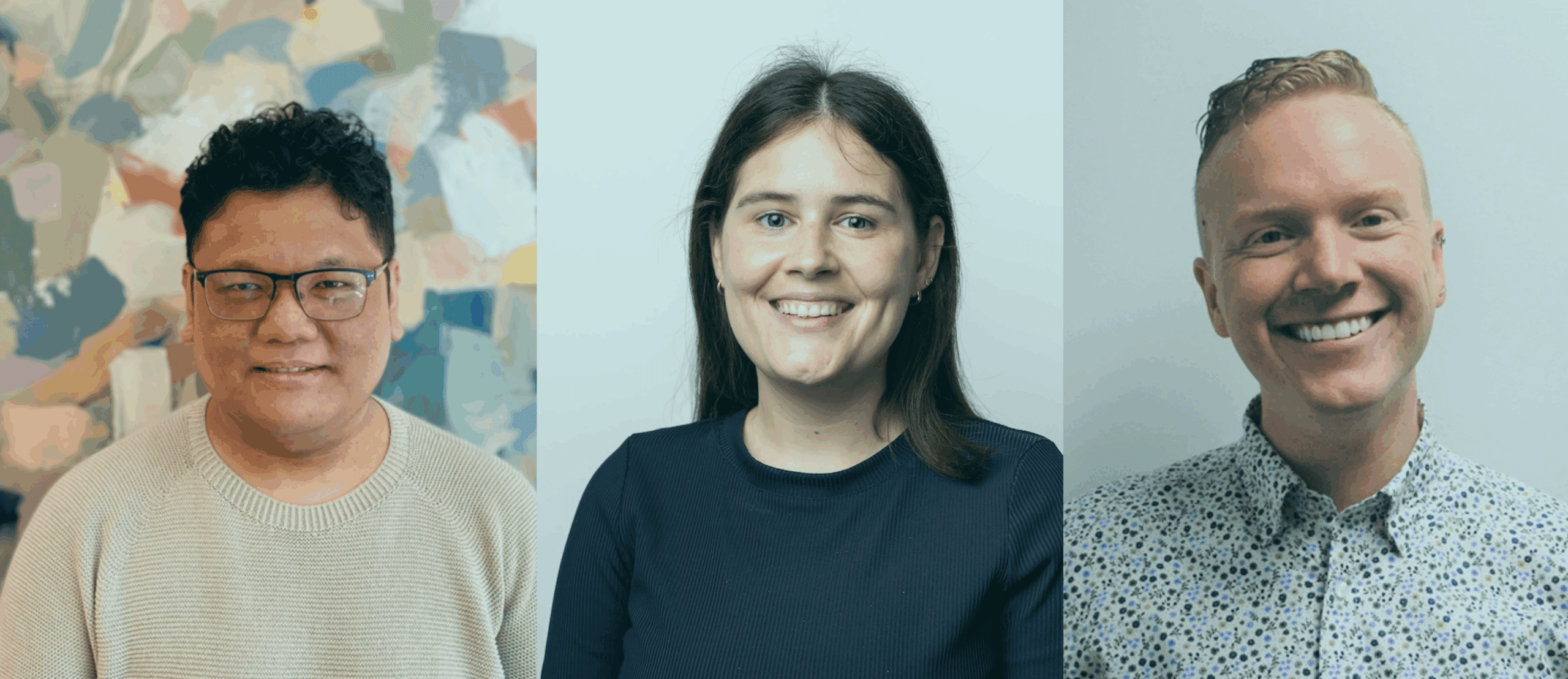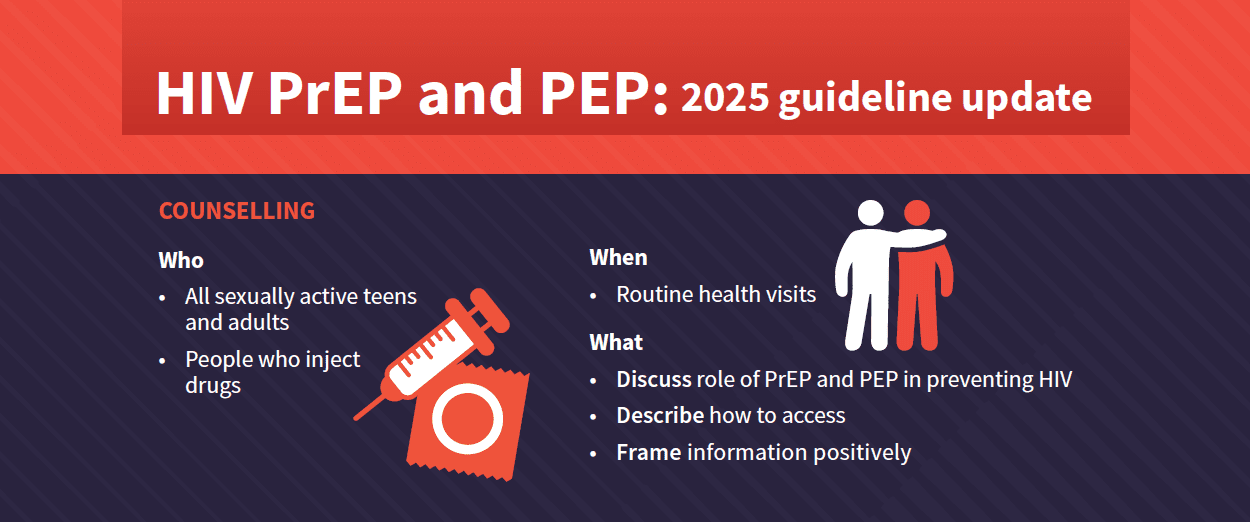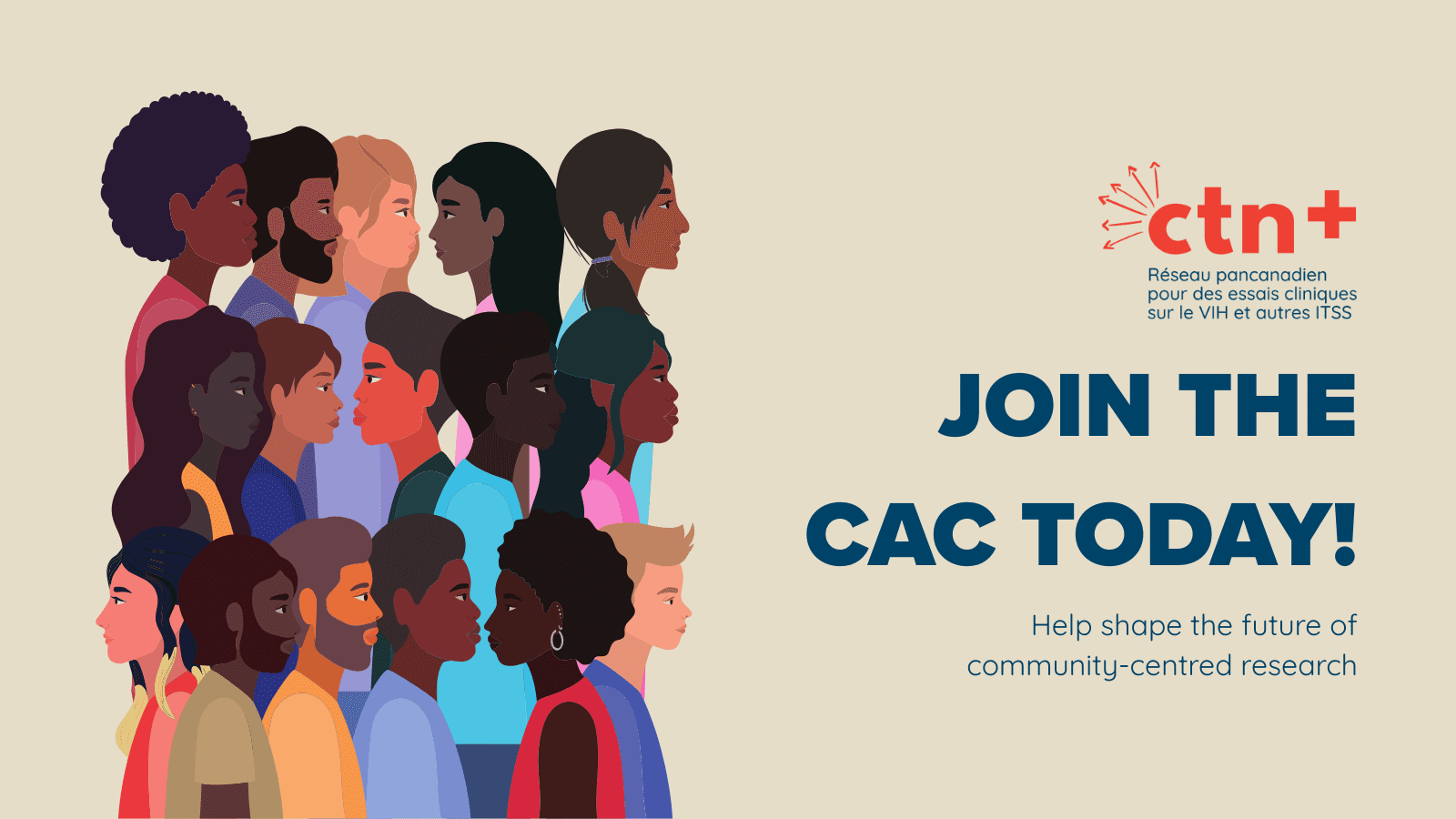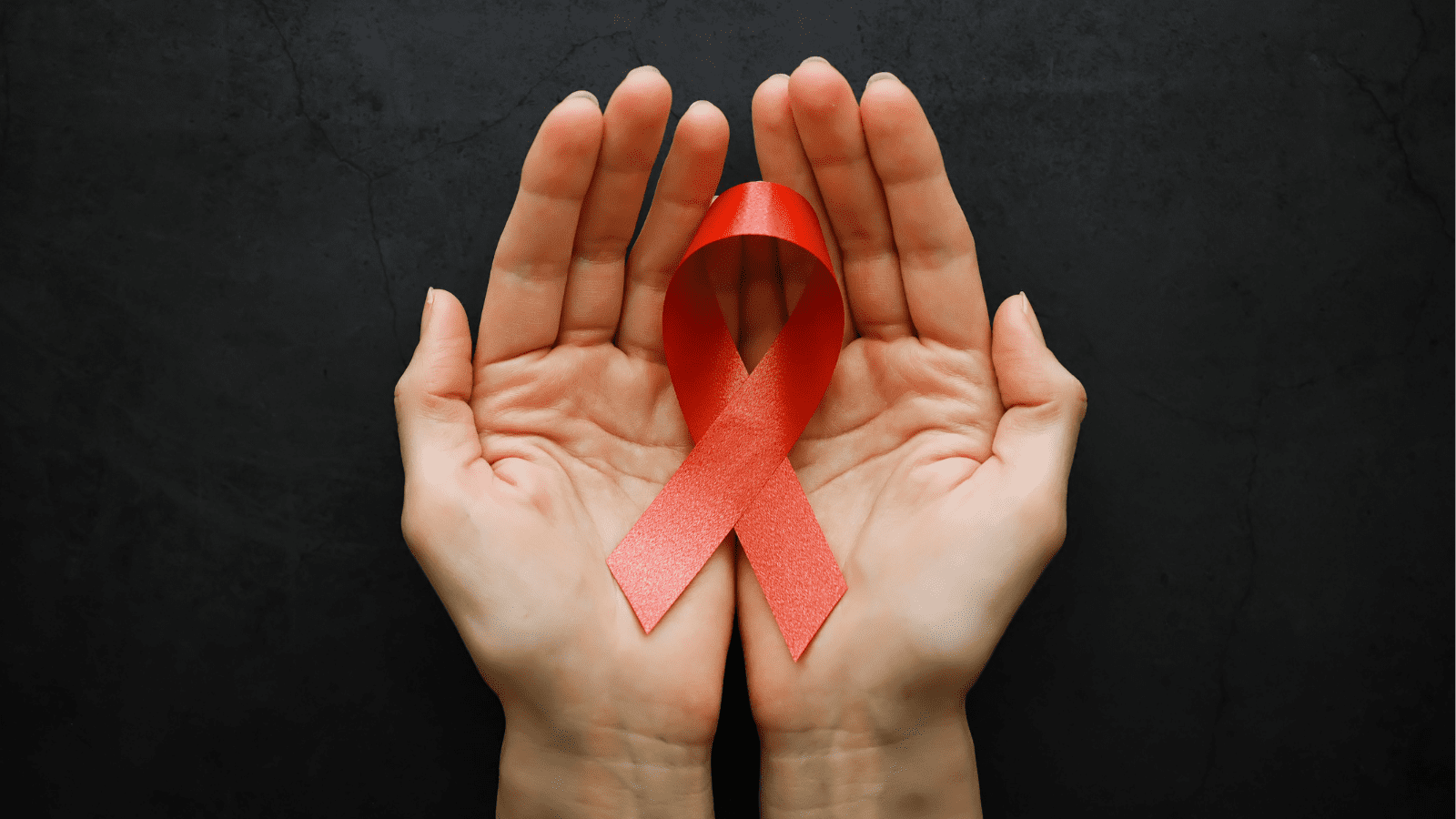News
The CTN+ aims to maximize the impact of research to improve the health of Canadians by sharing knowledge through news stories, events, and the media.
-

Building Capacity for Community-Engaged Research: CTN+ Phase 2 Funding
As the Network moves into its second year of operations, with our Regional Teams and scientific Think Tanks…
-
Prevention strategies for all: Launch of the 2025 Canadian HIV PEP & PrEP Guideline
Led by Dr. Darrell Tan and supported by the CTN+, this document provides the most update-to-date evidence for…
-

How small changes are making big strides in prison harm reduction
One in four people in Canadian federal prisons have been previously exposed to hepatitis C. Hepatitis C can…
-

Guest Blog: Dr. Kathleen Inglis
While pursuing my PhD in medical anthropology at Simon Fraser University, I spent two years in Ghana critically…
-

Newborn screening for CMV catches overlooked infections
Somewhere between 1 in every 200 to 800 babies are born infected with cytomegalovirus (CMV). If undiagnosed, it…
-
The CAC is growing: Come join the Network and contribute to advancing community-inclusive research
Community has significantly shaped the global HIV response since 1981, advocating for government action, increased representation in clinical…
-
Picking up the torch: How the Canadian HIV research community continues to lead
An interview with Juan Michael Porter, an American HIV advocate, health journalist, and member of the CTN+ Community…
-

Welcoming the 2025 Cohort of CTN+ Postdoctoral Fellows
The CTN+ is dedicated to supporting HIV and STBBI research across Canada, and a crucial part of that…
-

From code to care: Decoding sustainability in digital health tool design
Dr. Muyi Iyamu is interested in sustainability of digital health care services, especially for STBBIs.


